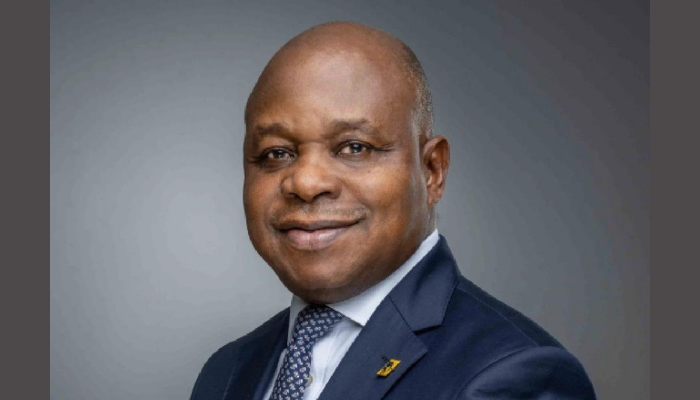Uber Technologies Inc has 91 million users, but growth is slowing and it may never make a profit, the ride-hailing company said on Thursday in its initial public offering filing.
The document gave the first comprehensive financial picture of the decade-old company which was started after its founders struggled to get a cab on a snowy night and has changed the way much of the world travels.
The S-1 filing underscores the rapid growth of Uber’s business in the last three years but also how a string of public scandals and increased competition from rivals have weighed on its plans to attract and retain riders.
The disclosure also highlighted how far Uber remains from turning a profit, with the company cautioning it expects operating expenses to “increase significantly in the foreseeable future” and it “may not achieve profitability.” Uber lost $3.03 billion in 2018 from operations.
The filing with the U.S. Securities and Exchange Commission revealed Uber had 91 million average monthly active users on its platforms, including for ride-hailing and Uber Eats, at the end of 2018. This is up 33.8 percent from 2017, but growth slowed from 51 percent a year earlier.
Uber had not disclosed the latest user numbers before, and the figure indicates the scale of the business. Although its user base includes customers of other services as well as ride-sharing, Uber’s 91 million is nearly five times the 18.6 million announced by rival Lyft Inc.
Uber in 2018 had revenue of $11.3 billion, up around 42 percent over 2017, again below the 106 percent growth the prior year.
Uber set a placeholder amount of $1 billion but did not specify the size of the IPO. Reuters reported this week that Uber plans to sell around $10 billion worth of stock at a valuation of between $90 billion and $100 billion. Investment bankers had previously told Uber it could be worth as much as $120 billion.
Uber would be the largest IPO since that of Chinese e-commerce company Alibaba Group Holding Ltd in 2014, which raised $25 billion.
Although Uber is no longer targeting a $120 billion valuation in the IPO, some stock bonuses to Chief Executive Dara Khosrowshahi and other company executives are only triggered when that valuation is reached.
ADVERSE EVENTS
Uber will follow Lyft in going public. Shares in its smaller rival closed at $61.01 on Thursday, 15 percent below its IPO price set late last month, a development which has sent chilling signal for other tech start-ups looking to go public.
After making the public filing, Uber will begin a series of investor presentations, called a roadshow, which Reuters has reported will start the week of April 29. The company is on track to price its IPO and begin trading on the New York Stock Exchange in early May.
Uber faces questions over how it will navigate any transition towards self-driving vehicles, a technology seen as potentially dramatically lowering costs but which could also disrupt its business model.
One advantage Uber will likely seek to play up to investors is that it is the largest player in many of the markets in which it operates. Analysts consider building scale crucial for Uber’s business model to become profitable.
In addition to answering questions about the company’s finances, Uber CEO Khosrowshahi will be tasked with convincing investors that he has successfully changed the culture and business practices after a series of embarrassing scandals over the last two years.
Those have included sexual harassment allegations, a massive data breach that was concealed from regulators, use of illicit software to evade authorities and allegations of bribery overseas. Khosrowshahi joined Uber in 2017 from Expedia Inc to replace company co-founder Travis Kalanick who was ousted as CEO.
Uber said in its filing its ridehailing position in the United States and Canada was “significantly impacted by adverse publicity events” and that its position in many markets has been threatened by discounts from other ride-hailing companies.
A #DeleteUber campaign surged on social media in 2017 after a public relations crisis, which Uber said in its filing meant hundreds of thousands of consumers stopped using its platform within days.
Uber said its market share fell in most regions last year, although the rate of decline has slowed. The company claims more than 65 percent market share in the United States and Canada, compared to Lyft’s stated 39 percent in the United States.
Uber is reserving some shares in the IPO for drivers who have completed 2,500 trips among other criteria.


 Naira3 weeks ago
Naira3 weeks ago
 Naira3 weeks ago
Naira3 weeks ago


 Naira4 weeks ago
Naira4 weeks ago




 Naira2 weeks ago
Naira2 weeks ago
 Commodities4 weeks ago
Commodities4 weeks ago


 Sport Business4 weeks ago
Sport Business4 weeks ago


 News3 weeks ago
News3 weeks ago


 Banking Sector4 weeks ago
Banking Sector4 weeks ago

















